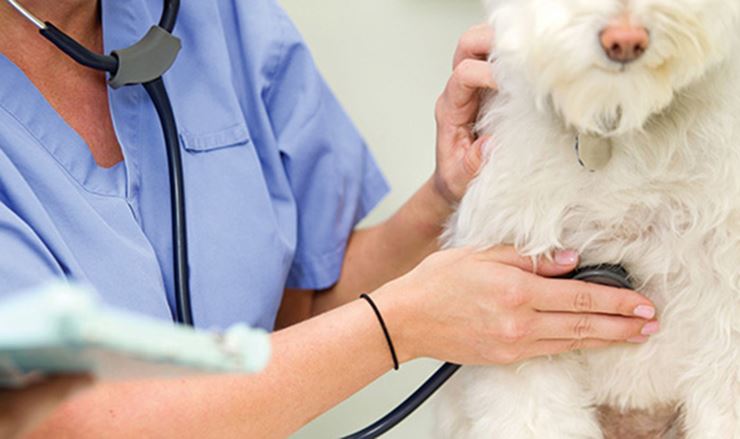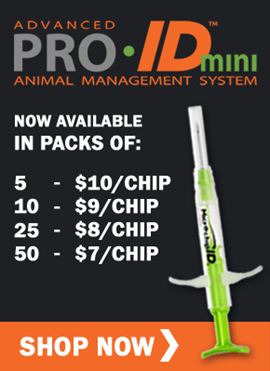
5 Important Things to Consider When Choosing a New Vet
As a dog owner, there may come a time when you need to choose a new veterinarian to look after your pet's medical needs.
Perhaps your old vet has retired, or you've moved to a new neighborhood, or you’re simply dissatisfied with your current vet.
Whatever you decide, carefully choosing a new vet is important, because your dog's health is going to be in this person’s hands.
Start looking for your new vet before you need him. The last thing you want is to be desperately flipping through the telephone directory under V in an emergency situation. If it's appropriate, ask your existing vet if he can recommend a new vet for your dog.
In some circumstances, your current vet may be happy to refer you to a colleague. Also, ask your neighbors and workmates if they have a vet they're happy with.
Take down the names you've been given and call into each of the clinics on your list.
Here are a few things you should do when selecting a new veterinarian:
1. Ask the receptionist what services they provide.
Some larger clinics can offer ultrasounds and visits from specialists, but even the smallest clinics may have in-house blood test machines.
You'll be able to find out if the staff has the time to talk to you about their clinic. If so, this indicates that they will likely have the time to answer any questions about your dog's health that may arise in the future.
2. Check the credentials of the staff.
The veterinarians will have a DVM degree, but the veterinary technicians should also be certified.
3. Ask if you can have a schedule of their fees.
There can be differences in costs between veterinary clinics, since business expenses can vary, and their practice income has to cover these expenses. Make sure your budget can manage their fees.
4. Consider any special interests which may be important to you.
For example, if your dog competes in agility or flyball, you may appreciate a vet who has studied sports medicine. If you prefer more natural remedies to treat your dog, you may prefer to visit a vet who has taken courses in naturopathy or holistic medicine.
5. Find out what provisions they make for emergencies.
This also includes finding out what they will do if your dog needs overnight hospital care. They may refer these cases to a local emergency facility, or they may have staff available all hours to take emergency calls and treat animals staying in the hospital.
When you've narrowed down your selection based on the results of these questions, it's time to find out what your dog thinks.
Take him to each clinic, and see how the staff greets him. Watch him to see if he's comfortable in the clinic and if he's happy to say hello to the receptionist. After all, he's the one who will be treated there.
Now it's now decision time.
If you're happy with a particular clinic's response to your inquiries, and your dog is relaxed there, then you've found your new veterinarian. It's worth going through the process so you'll have peace of mind, knowing your dog will get the best care possible.












